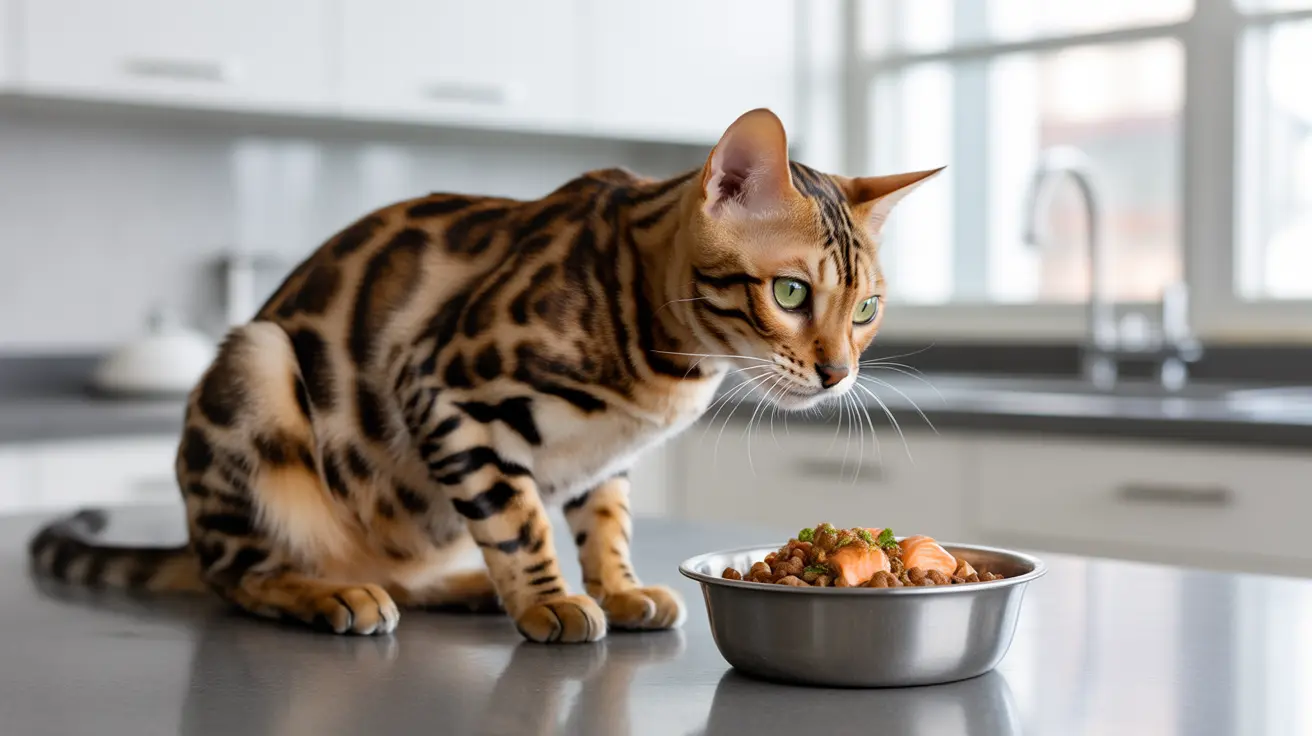Understanding Cat Food Categories and Their Benefits
Cat food comes in several main categories, each with distinct advantages. Dry kibble offers convenience and longer shelf life, while wet food provides essential moisture and often higher protein content. Fresh and human-grade options have gained popularity for their minimal processing and high-quality ingredients.
Premium brands like Smalls, Royal Canin, and Hill's Science Diet consistently receive high marks in cat food reviews for their nutritional completeness and quality control standards. These manufacturers invest in research and testing to ensure their products meet or exceed AAFCO guidelines.
Essential Nutritional Components to Look For
Cats are obligate carnivores, requiring specific nutrients that must come from animal sources. Quality cat food should feature:
- High-quality animal protein (minimum 26% for dry food, 30% for wet food on a dry matter basis)
- Essential taurine supplementation
- Appropriate fat levels (generally 15-20%)
- Balanced vitamins and minerals
- Moisture content appropriate to the food type
Evaluating Brand Quality and Safety
Top-rated cat foods demonstrate commitment to quality through rigorous testing, transparent sourcing, and prompt recall responses when needed. Look for brands that:
- Conduct regular quality control testing
- Provide clear nutritional information
- Maintain consistent manufacturing standards
- Have positive track records in independent reviews
- Offer detailed ingredient sourcing information
Life Stage-Specific Nutrition
Different life stages require adjusted nutritional profiles. Kittens need more protein and calories for growth, while senior cats may benefit from joint support supplements and easier-to-digest proteins. Indoor cats often require specialized formulations to prevent weight gain and hairball formation.
Special Dietary Considerations
Many cats require specialized diets for specific health conditions. Common specialized formulations address:
- Weight management
- Urinary health
- Digestive sensitivities
- Food allergies
- Hairball control
Frequently Asked Questions
How do I choose the best cat food based on nutritional completeness and my cat's life stage?
Select AAFCO-certified food appropriate for your cat's life stage (kitten, adult, or senior). Look for products with high-quality animal protein as the first ingredient and complete nutritional profiles. Consider your cat's activity level and any specific health needs when making your selection.
What are the differences between dry, wet, fresh, and raw cat foods, and which is best for my cat?
Dry food is convenient and economical, wet food provides essential moisture and often higher protein, fresh food offers minimal processing, and raw food provides uncooked nutrients. The best choice depends on your cat's preferences, health needs, and your budget. Many cats benefit from a combination of wet and dry food.
Which cat food brands are highly rated for quality, safety, and palatability in expert cat food reviews?
Consistently top-rated brands include Hill's Science Diet, Royal Canin, Purina Pro Plan, and premium options like Smalls and Tiki Cat. These brands demonstrate strong quality control, nutritional expertise, and positive feeding trial results.
How can I read cat food labels to understand protein quality, ingredient sourcing, and nutrient balance?
Focus on the guaranteed analysis, ensuring protein is listed first. Look for named meat sources rather than generic "meat by-products." Check for AAFCO certification and complete nutritional adequacy statements. Compare nutrients on a dry matter basis when evaluating different food types.
What specialized cat food options are available for weight management, hairball control, and sensitive digestion?
Many brands offer specialized formulas with features like increased fiber for hairball control, L-carnitine for weight management, and limited ingredients for sensitive digestion. These products should be selected based on specific health needs and veterinary recommendations when appropriate.
Conclusion
Choosing the right cat food requires careful consideration of your cat's individual needs, your budget, and reliable product reviews. Focus on nutritional completeness, quality ingredients, and your cat's preferences while maintaining regular veterinary consultations to adjust their diet as needed.






